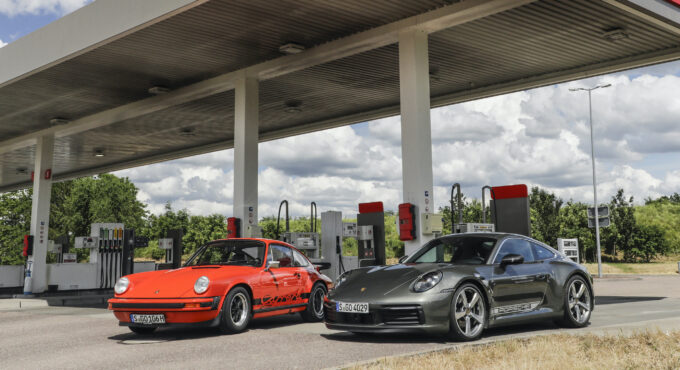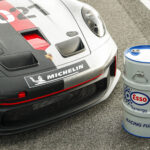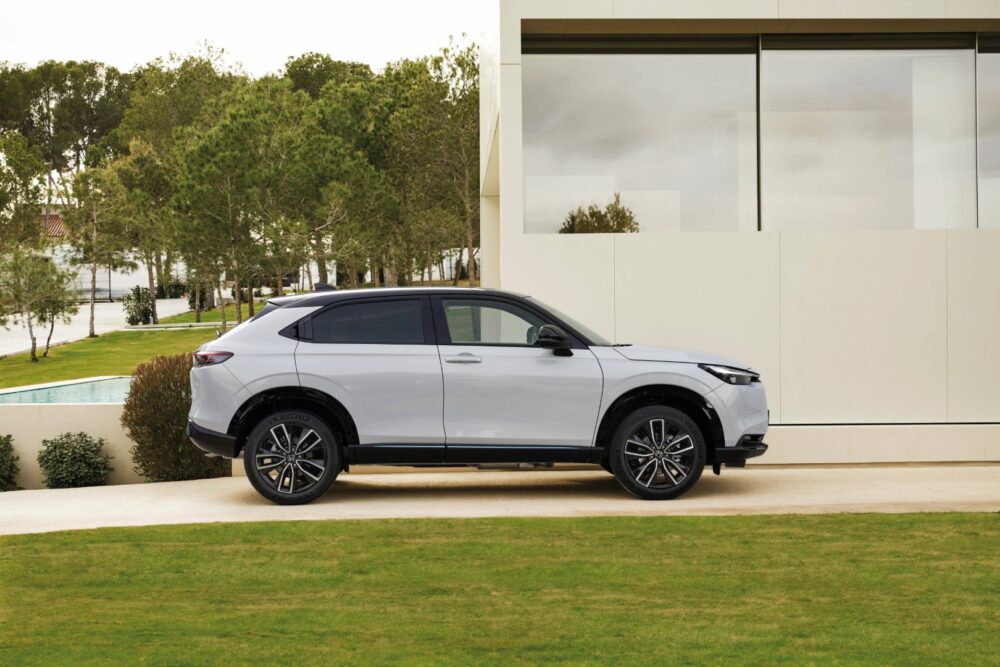Porsche: Is e-fuel salvation for the 911? 🎥
FUTURE Porsche's climate targets are clear: By 2030, the Stuttgart-based sports car manufacturer aims to offer more than 80 percent of all models with an electric drive and to have a CO2-neutral balance sheet by then.

Along the way, however, the Zuffenhausen-based company also wants to replace fossil fuels in vehicles with combustion engines with renewable energies. For their future mobility, so-called e-fuels could be a solution.
Strong wind and low energy costs
Synthetic fuels generated from wind, solar or hydroelectric power provide the best conditions. At Porsche, the 911 is to be the first model prepared to run on the non-fossil fuel.
For this reason, the Swabians are building an industrial plant in the south of Chile (center gallery). There, the CO2-neutral fuel e-fuels are to be produced from wind power as early as next year. The South American country offers ideal conditions for renewable energies.
There, the wind is constantly strong and, at only 16 francs per megawatt hour, the energy costs are also very low. For comparison. At the site of the plant, a wind turbine runs 270 days a year at full load, compared to only 80 days in Germany.
Fuel comes to Europe by ships
However, since the electricity generated cannot be transported to Europe without losses, it is converted to liquid methanol in Chile using electrolysis. In the pilot phase, 130,000 liters of e-fuels are to be produced at the start next year. By 2024, Porsche plans to increase the capacity of the industrial plant to around 55 million liters per year, and by 2026 a good 550 million liters of the green fuel will be produced.
The fuel comes to Europe by ship. To ensure that the freighters also leave a low carbon footprint, they are to be operated with methanol instead of heavy oil in the medium term. The use of e-fuels in aircraft as e-kerosene is also conceivable in the future.
Oliver Schwab, Head of Porsche Supercup, and Team Principal Alex Fach explain the reasons for introducing e-fuel in the one-make cup in this video.
Testing under tough conditions in motorsport
Before the alternative fuel goes into series production, however, Porsche first wants to test it in motorsport under tough conditions. This year, the Stuttgart-based company has already used a bio-based fuel in the Porsche Supercup, and in 2022 the 911 race cars are to compete exclusively with e-fuels.
Porsche is also planning further e-fuels deployments in Clubsport before the fuel is then allowed to fire the 911 on regular roads.












